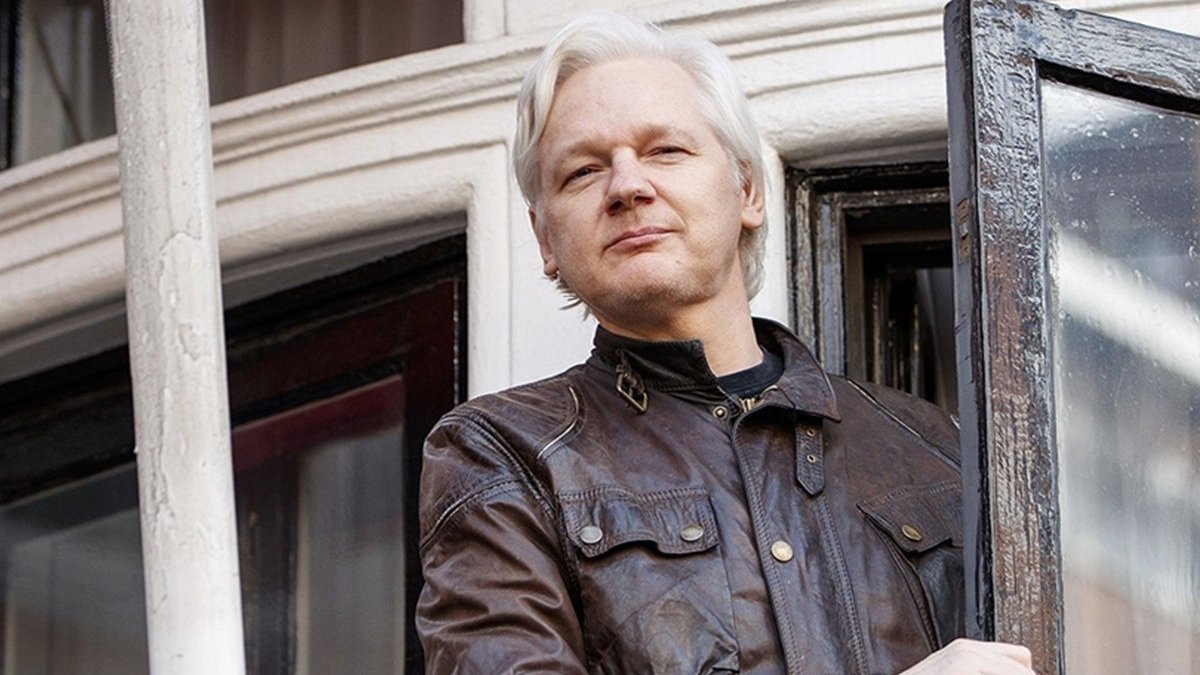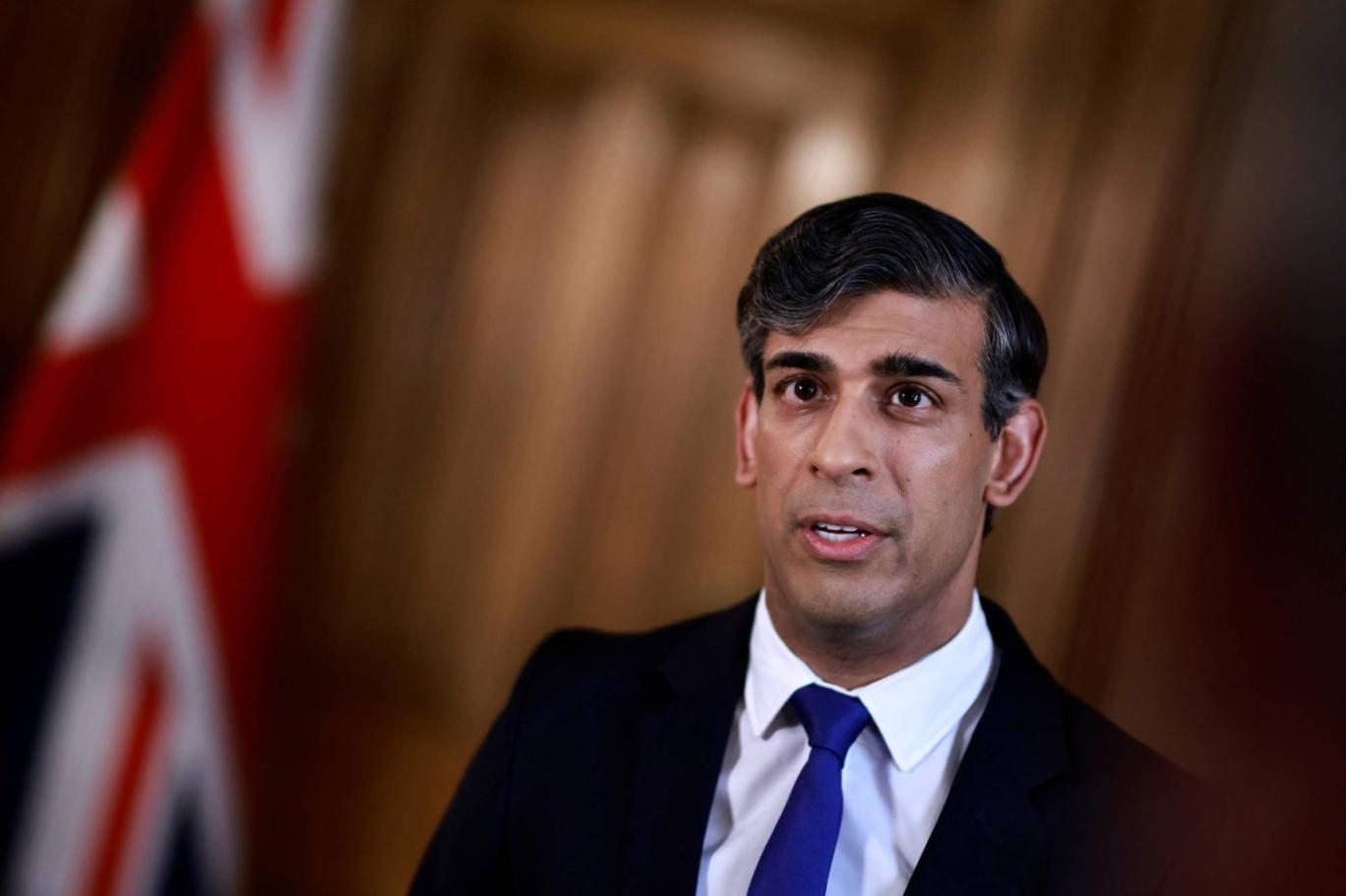Britain’s Supreme Court has ruled that WikiLeaks founder Julian Assange can appeal a ruling that he could be extradited to the Us.
Britain’s Supreme Court has ruled that WikiLeaks founder Julian Assange can appeal a ruling that he could be extradited to the Us. The decision by london’s High Court will move the US campaign to seize and silence Assange for more than 10 years to the highest court in the United Kingdom.

The United States is seeking the extradition from the UK to try Assange, who is being held at Belmarsh Prison outside London, on 18 counts, including hacking and espionage.
Assange’s supporters and lawyers, who say he could face up to 175 years in prison if extradited, say Assange’s actions were journalistic activity, that the charges were politically motivated, that his sanity was at risk, and that conditions in US prisons violated Britain’s human rights laws.
The United States argues that journalism or publishing does not allow criminality, arguing that Assange’s documents put the lives of local staff or whistleblowers in Iraq and Afghanistan working on their behalf at risk.
Media outlets stress that prosecuting Assange for his publishing would set a bad example, after which the United States could prosecute any journalist on espionage charges.
WHAT HAPPENED?
WikiLeaks, founded by Assange, published several classified documents in 2010, including evidence of US crimes in Iraq and Afghanistan.
Assange, whom the United States has accused of espionage and is seeking extradition, sought refuge at ecuador’s Embassy in London in June 2012, when his extradition to Sweden was on the agenda for cases against him on rape and sexual harassment charges.
A Swedish court dropped cases against Assange in 2017. Ecuador accepted Assange’s application for political asylum and granted him citizenship in January 2018.
Assange was released from ecuador’s Embassy in London on April 11, 2019, and placed in Belmarsh Prison in London after being arrested for “violating the terms of his release on bail.”
The court sentenced Assange to 50 weeks in prison for the crime. Assange, who has served his 50-week sentence, was ordered to remain in custody as part of his extradition request.
Following the hearings, on January 4th, Assange’s extradition request was denied, saying he was at high risk of suicide and would be subject to special administrative measures in a US prison, especially because the intelligence community was hostile to him. The United States appealed the decision and asked for Assange’s extradition.
The Us has pledged that the WikiLeaks founder will not be held in high-security prisons and could serve his prison sentence in his native Australia in order to win the appeal.
The defense team emphasized its safety, citing reports that the CIA planned to kidnap and kill Assange while he was hiding in the Ecuadorian Embassy in London.




